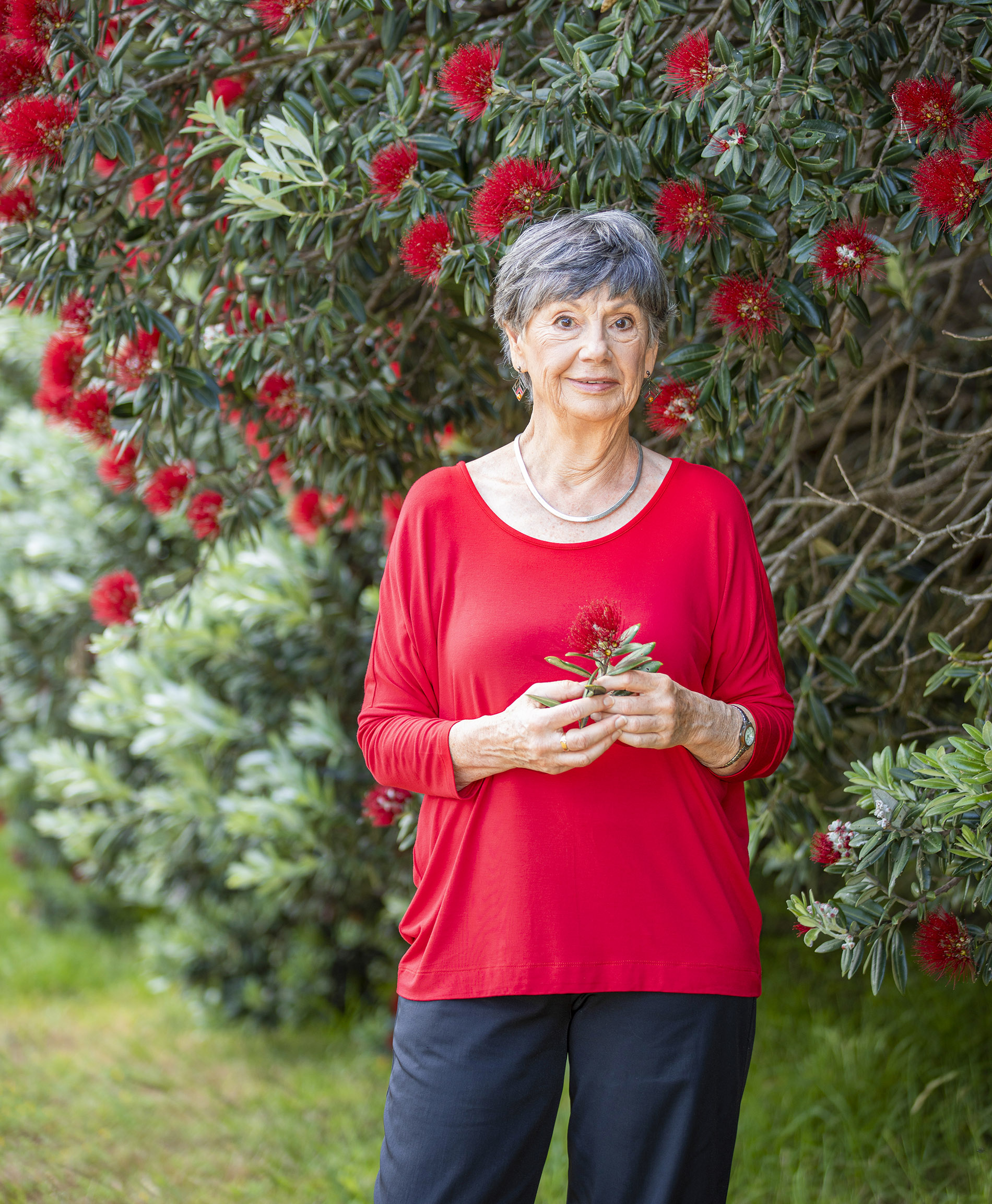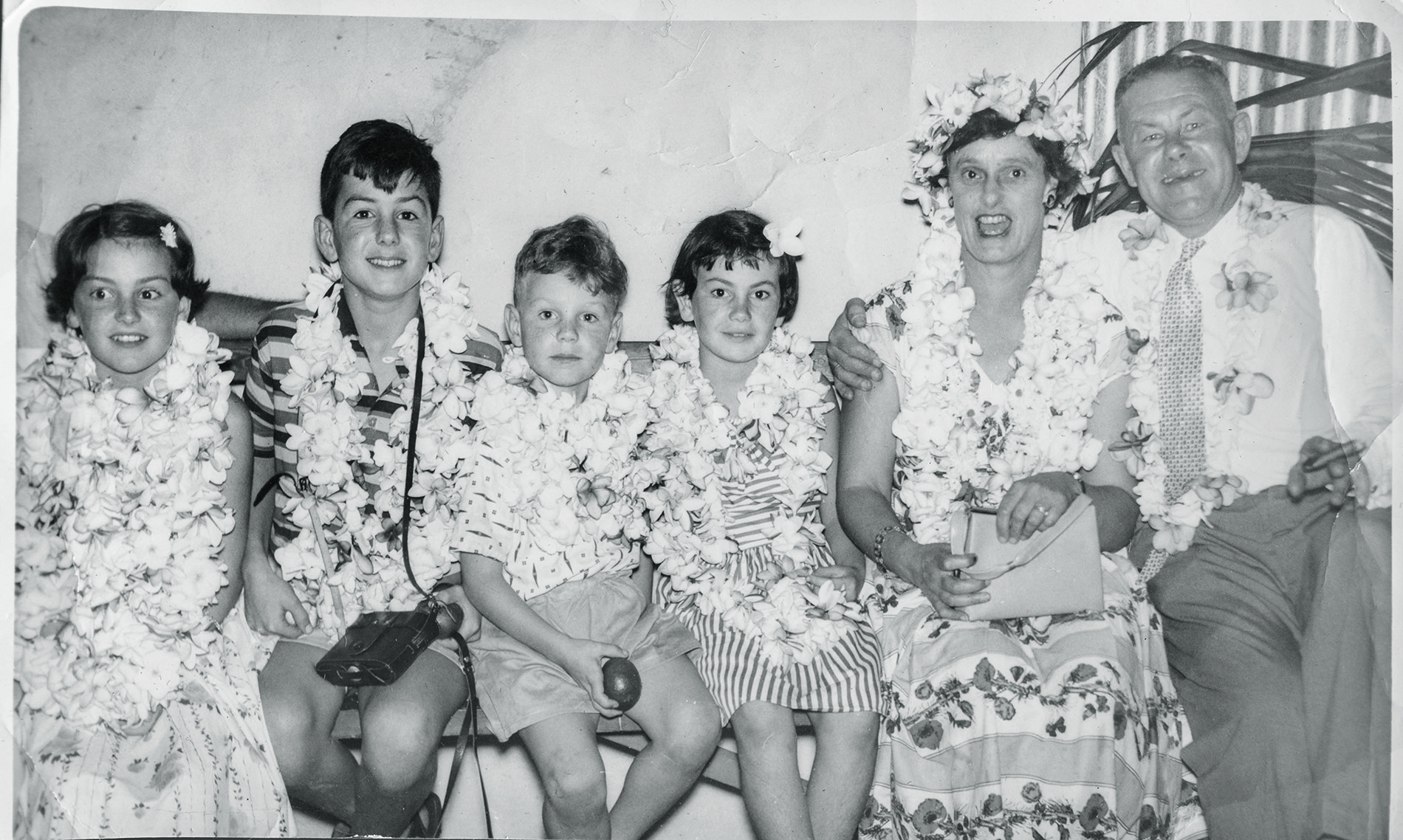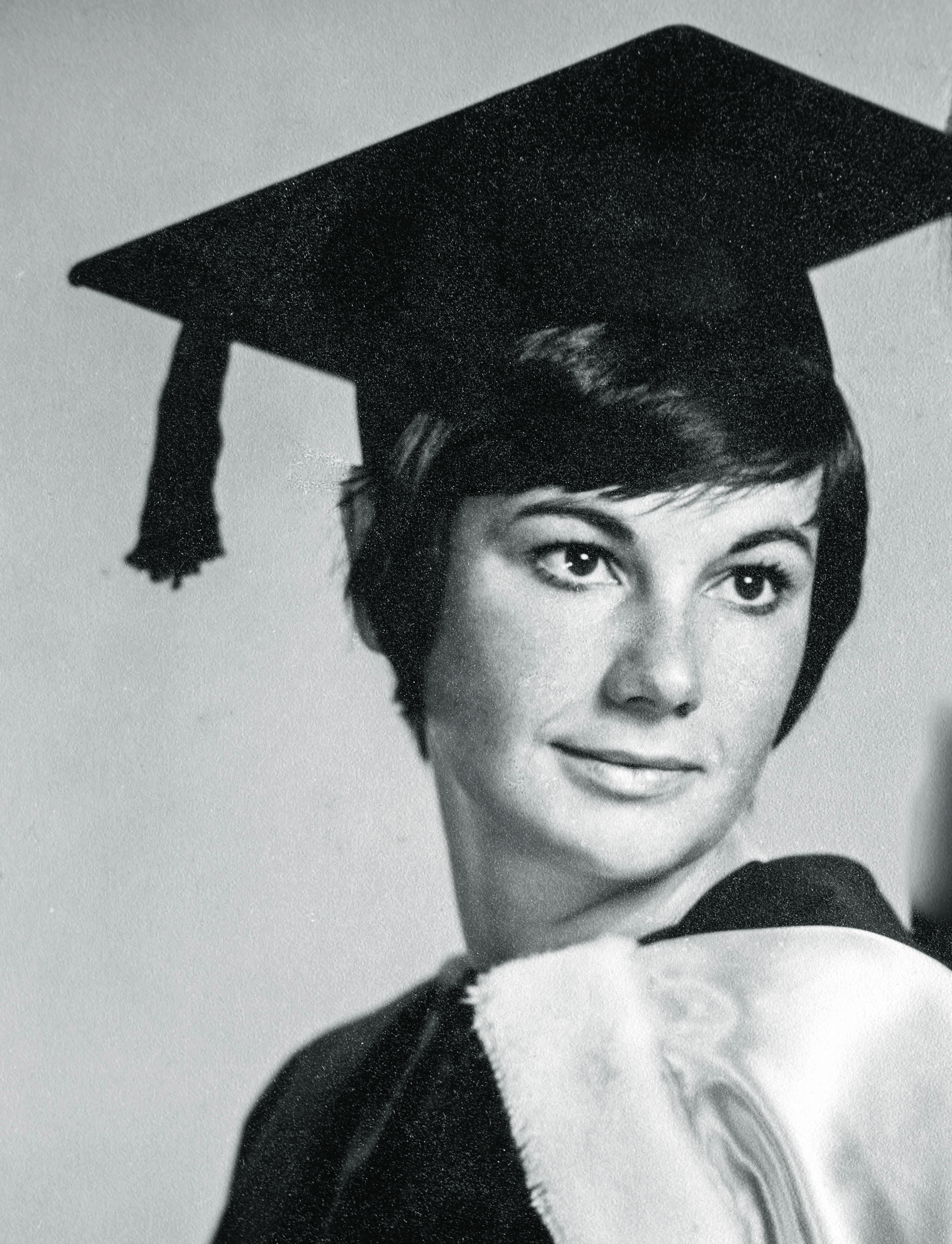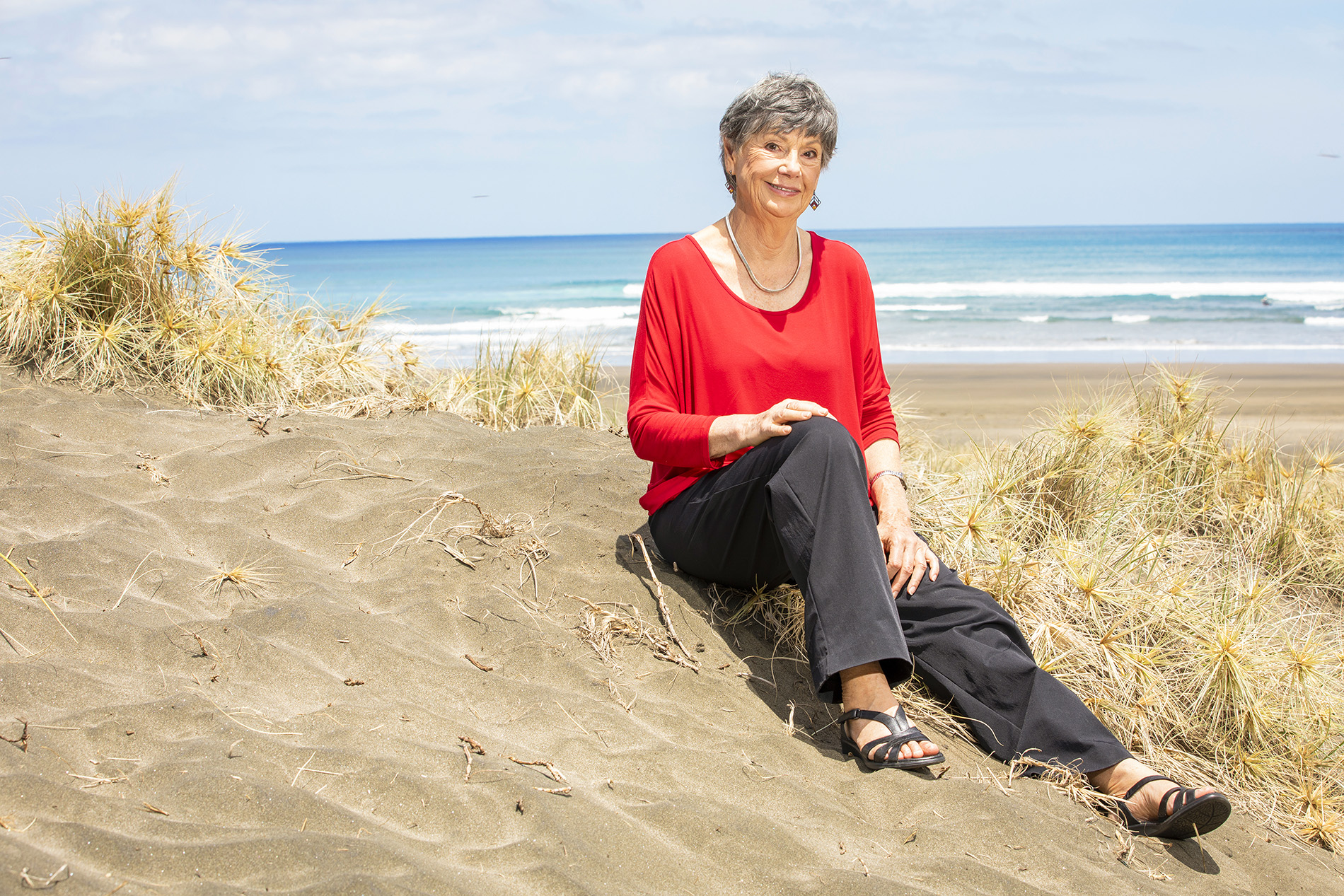She’s arguably New Zealand’s most trusted money expert – sharing straightforward advice on her regular National Radio slot, the author of seven books on personal finance and answering financial questions in her long-time Herald newspaper column – but Mary Holm is adamant that money doesn’t absorb her.
“You won’t find me reading finance books in my spare time, that’s for sure. I read novels,” laughs Mary, who is coy about revealing her age. (“Let’s just say I’ve been getting New Zealand Super for a while!”)
In fact, her advice to people is often to try and “forget” about their money – once they’ve worked on reducing debt or have set themselves up with a rainy-day fund – and focus on their wellbeing.
For her, that means connecting with others and keeping active. “Good relationships with family and friends are what really matters,” she says. “Although I can be very happy being alone in wild places, like the bush or a beach.

“Good relationships with family and friends are what really matters,” she says.
“And health, of course, is important. But I’m just not interested in having a bigger or flasher house, or the latest car – or the latest dress for that matter.
“You don’t want to get so caught up worrying about your money that you lose focus on enjoying the important things in life.”
When the Weekly chats to Mary at her coastal Auckland home, she’s just been for a swim and shares that one of her favourite memories growing up in Wellington was swimming after school at the local Seatoun Wharf.
“The water was pretty cold though, so then we’d have to sunbathe on the warm concrete outside the dairy over the road.”
With a businessman father, Mary doesn’t remember saving much as a kid but did own a school savings passbook with an owl pictured on the front.
“We did get pocket money and I used to try to spend the same amount on each of my siblings for Christmas. If my sister’s present cost eight pence and my brothers were getting something that cost 10 pence, I would buy some chewing gum for tuppence to add to my sister’s gift,” she smiles.
“It was more an obsession with equality than money!”

“We did get pocket money and I used to try to spend the same amount on each of my siblings for Christmas.”
She believes her interest in finance began with studying economics as an undergraduate, before going on to study in America.
“I went with my then-husband to the University of Michigan so he could do his doctorate there,” she tells. “And under the visas we were on at first, I wasn’t allowed to work but I was allowed to study. So I did a Masters in Journalism and a few years later an MBA in finance at the University of Chicago.
“Because I found I’m not too bad with numbers as well as words, it was one way to initially get into some of the bigger newspapers as a business journalist.”
It was also during this time that the money-savvy couple made their biggest financial blunder.
“A colleague at my husband’s University of Chicago Business School thought he’d come across a way to gain money through foreign exchange trading,” recalls Mary. “He had tried it for a year and it worked well, so thought, ‘I’ve got to include my friends in this.’ So we put in $10,000, which was quite a lot then.

Graduating from Victoria University of Wellington in the 1970s
“But we went in with our eyes open and agreed that if we lost it all, it wouldn’t be a disaster. We bailed out when our investment got down to $3000 and said, ‘That’s enough of that!'” She ended up working on Chicago’s largest three newspapers during their 12 years living in the US, before the couple decided they wanted to return to New Zealand to raise their son Tim, now 37.
Now divorced, Mary’s new partner is a criminal lawyer but they don’t live together, which both think is “perfect”.
“Quite a few of my friends who have been married for years say if their husband wasn’t around any more they wouldn’t want to live with someone again. Once you get to a certain age, you like to do things your own way, but you can have a lovely relationship where you’re together in the weekends.”
She receives a lot of letters from women, especially those on their own, who are being too conservative with their money.
“Typically, they’ve got all their savings in low-risk KiwiSaver funds and bank term deposits, and are really reluctant to take any risk. And that’s a real pity because the lower risk investments have lower average return,” explains Mary, who was appointed an Officer of the New Zealand Order of Merit for services to financial literacy education in 2020.
“So I’m always trying to encourage women to be a bit braver – not in the sense of where they could be scammed, but in the sense of going into something more volatile like investing in a KiwiSaver share fund.”
Here are Mary’s eight key steps to get your finances organised:
Get started. Don’t procrastinate.
Get rid of high-interest debt e.g. credit card debt.
Get insurance and a rainy-day fund so you won’t get into trouble again and run up more debt.
Get into the best KiwiSaver fund for you.
Boost your savings – such as into shares or property.
Stay cool when the markets go up and down. Don’t constantly watch your money once it’s set up.
Head confidently into retirement.
Buy a home, or not – as long as you get to retirement with bigger savings than you would have had if you owned a home.



